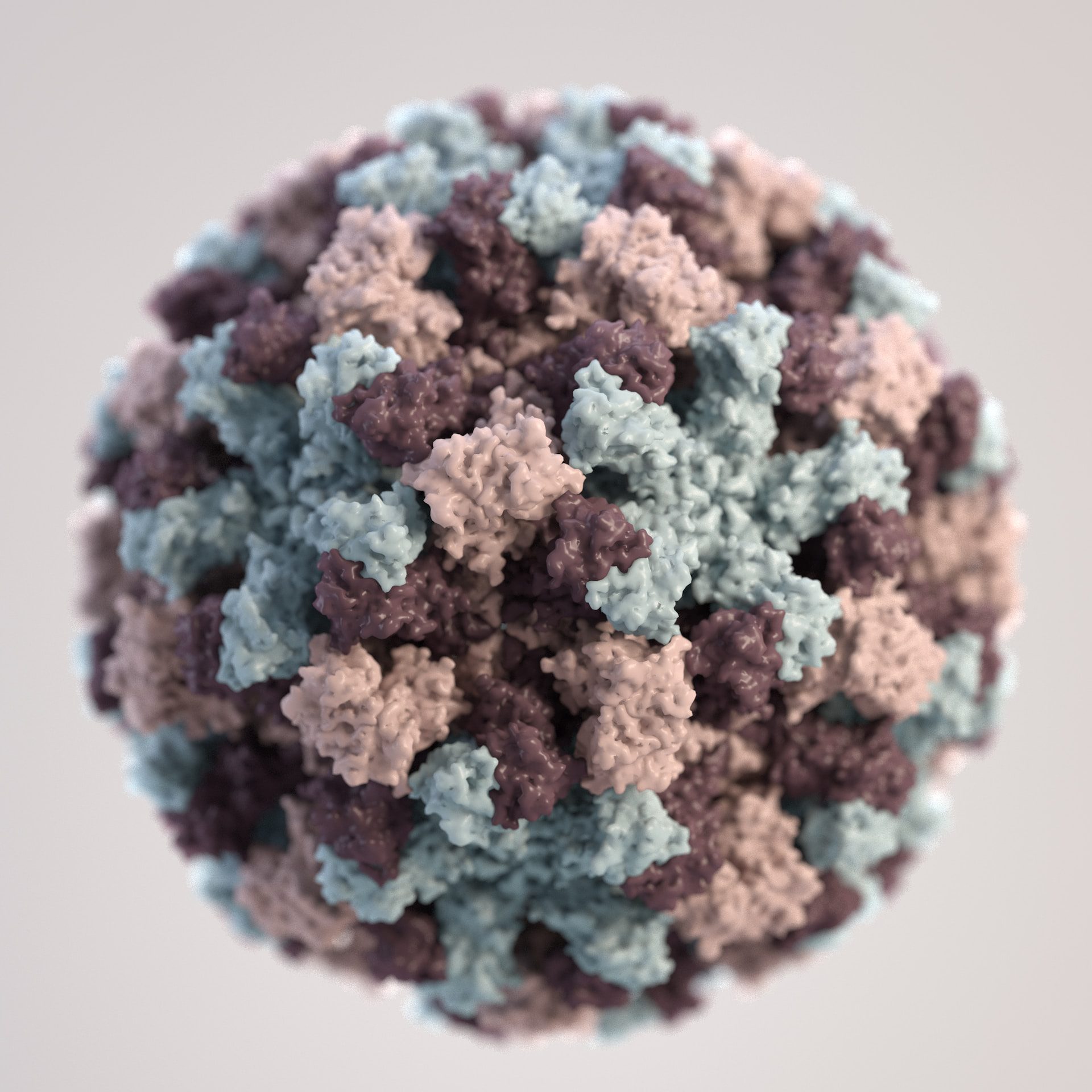Cystitis in Men : What Is It and Who Can Get It?
Cystitis is a common urinary tract infection (UTI) that primarily affects women, but it can also occur in men. Although …
Read More
Gastrointestinal diseases, often known as the stomach flu, are quite common and affect many people worldwide. The symptoms of these disorders, such as nausea, vomiting, diarrhea, and stomach pain, can be quite uncomfortable and even debilitating. While gastroenteritis usually resolves on its own within a few days to a week, it’s crucial to understand how to manage the symptoms and recognize when medical attention may be necessary.
In this article, we’ll delve into the various symptoms of gastrointestinal disorders and provide practical tips for handling them at home. Following these guidelines can be beneficial for yourself or a loved one dealing with the stomach flu, helping to minimize its impact on day-to-day life.
There are many factors associated with stomach flu, including exposure to polluted food or water. Microbes like Salmonella, Escherichia coli (E. coli), and Campylobacter, as well as infections such as norovirus and rotavirus, can cause gastrointestinal problems. Cleanliness, especially insufficient handwashing after using the restroom or changing diapers, can also increase the risk of contamination.
Yes! gastrointestinal diseases can potentially be fatal. While most gastrointestinal sicknesses are not perilous, some can be serious and, surprisingly, deadly whenever left untreated or inappropriately handled. For instance, conditions like inflammatory bowel disease (IBD), colon malignant growth, and acute pancreatitis can be dangerous if not analyzed and treated immediately.
Nonetheless, it is essential to take note that most gastrointestinal infections can be handled with legitimate clinical consideration and modifying way of life. This incorporates conditions like gastroenteritis, heartburn, and irritable bowel syndrome (IBS), which are ordinarily not perilous yet can in any case essentially affect personal satisfaction whenever left untreated.
In conclusion, Gastroenteritis is a common disease that influences a significant piece of the populace every year. Portrayed by side effects like loose bowels, retching, and stomach torment, it tends to be exceptionally trouble. While most instances of stomach flu are gentle and self-restricting, a few cases can be extreme and result in a lack of hydration and different entanglements. In this manner, it is urgent to go to precautionary lengths like successive handwashing, keeping away from tainted food and water, and rehearsing great cleanliness. If one agreement gastroenteritis, a few hints can assist with reducing side effects, including remaining hydrated by polishing off liquids like water, sports beverages, or stock, forgoing strong food sources until side effects die down, getting adequate rest, and assuming control non-prescription medicine to lighten side effects like fever, the runs, and sickness. Looking for clinical consideration is additionally basic on the off chance that one encounters extreme side effects like serious runs, high fever, or indications of parchedness. In certain examples, gastroenteritis can prompt extreme entanglements, particularly in weak populations like small kids, old grown-ups, and those with debilitated resistant frameworks. By sticking to preventive measures and perceiving the side effects of gastroenteritis, people can assist with forestalling the spread of this upsetting sickness and recuperate all the more rapidly whenever contaminated.
“Always polite and delivers medication on time. Absolutely love the service they provide and great staff. Keep up the good work ????”
“A fantastic pharmacy. Efficient, helpful staff who deliver within a few hours of prescription being prescribed or less. Absolutely amazing service.”
“Can highly recommend this service, the delivery is so speedy and always reliable, delivered by hand to the door, just amazing, thank you.”
Cystitis is a common urinary tract infection (UTI) that primarily affects women, but it can also occur in men. Although …
Read MoreIntroduction: Unveiling the Mysteries of Soma Soma medication, also known as carisoprodol, is a muscle relaxant commonly prescribed to alleviate …
Read MoreUnderstanding Ramipril and Its Role in Health Ramipril, a medication commonly prescribed for high blood pressure and heart failure, belongs …
Read MoreClick one of our contacts below to chat on WhatsApp